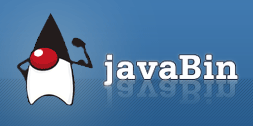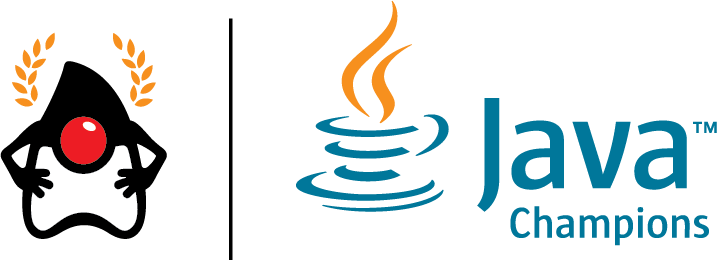Dervis Mansuroglu PRO
Dervis is an experienced Java-developer, currently working for the Norwegian gov. He is passionate about programming languages, functional programming and algorithms. Dervis is a Java Champion and the leader of the Norwegian JUG JavaBin.













